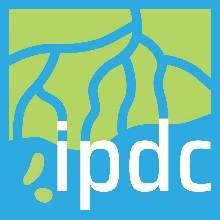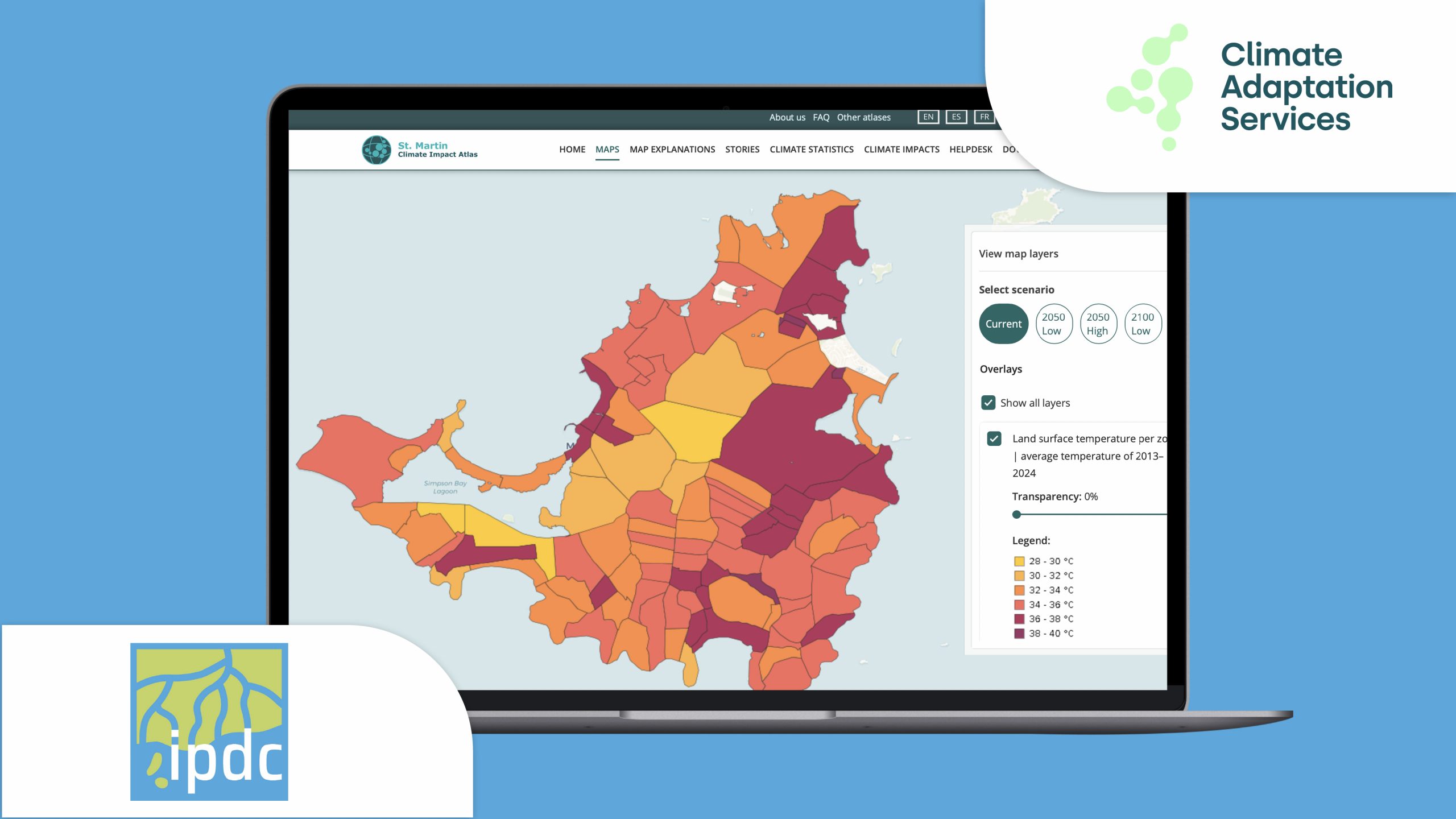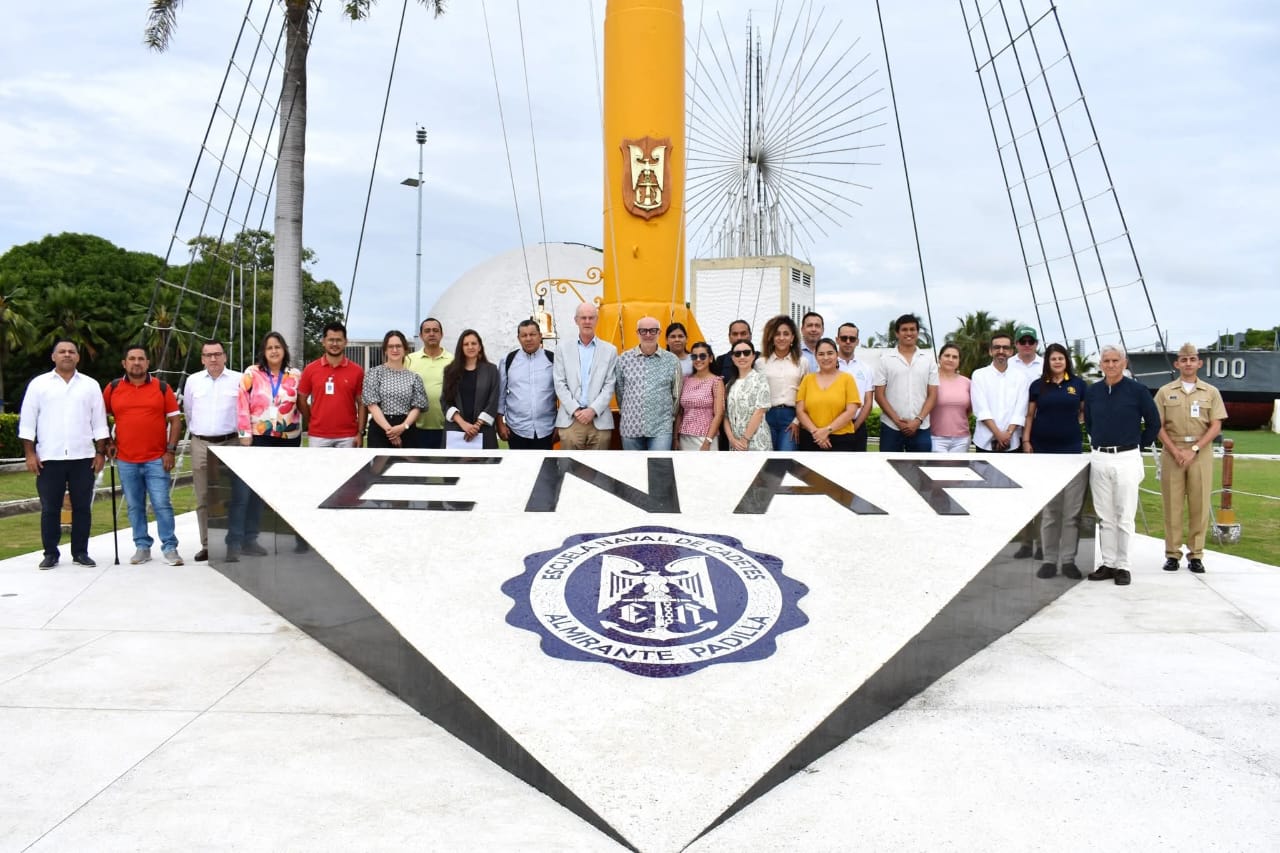Flooding can have devastating effects on local communities. Flood Early Warning Systems (FEWS) and Flood Evacuation Planning are critical to saving lives, reducing damages, and building community resilience against flooding, especially in the face of growing climate risks. An IPDC online session looked at how Early Warning Systems (EWS) can be used to predict pluvial and coastal floods in the face of increasing climate risks, and how (flood) forecasting data can be transformed into actionable evacuation and provisioning plans. Both aspects are critical to saving lives, reducing flood impacts, and building community resilience.
Using two case studies, the session explored how these tools are implemented in Durban, South Africa, and Quelimane, Mozambique, how forecasting data can be transformed into actionable plans on the ground to protect vulnerable communities.
Early Warning Systems in Durban, South Africa
In their presentation, the FEWS Team from the eThekwini Municipality showed how localised inland and coastal Early Warning Systems (EWS) help them to deal with the growing threat of floods, to ultimately protect lives, properties, and the local economy.
Main points from their presentation included:
- Their FEWS EWS complements national services and provides area-specific flood predictions that can be used to give timely warnings and help local authorities, communities, and businesses understand exactly where they should prepare—whether that’s reinforcing flood defenses in vulnerable neighbourhoods, evacuating people, or managing infrastructure risks.
- The team showed us on which types of input data the model runs, as well as how the output data informs their day-to-day operations.
- Additionally, the team showed how the integration of ocean and nearshore water forecasting into flood management will help Durban stay ahead of disasters by identifying vulnerable areas, helping local planners design infrastructure that can withstand flooding events, and evacuate the population when necessary.
Flood Evacuation Planning in Quelimane, Mozambique
Lieke Meijer, expert in the field of extreme weather impacts at Deltares, presented the RA2CE tool, and showcased how it can be used for evacuation and response before and after a cyclone event through the Quelimane, Mozambique case study.
Main points from the presentation included:
- Through a participatory workshop with representatives from Beira and Quelimane, they integrated flood data with road connectivity information to identify optimal evacuation routes before, during, and after floods. This allows local decision-makers to plan effective evacuation and supply distribution routes.
- A demonstration of how the RA2CE tool can be used to combine local and global data, such as road networks and population distribution, with flood maps. This allows for predictions about which roads may become unavailable during floods and can be used to identify the areas that should be evacuated to specific evacuation centres.
- Showing how the tool can be used to identify provisioning routes over time, as floods recede. This helps city planners to better distribute provisioning services.
- A call for more case studies to implement outcomes for real-life situations, gain context understanding, potential links to other initiatives, and co-create and prioritise new developments.
Shortly after the session, parts of Mozambique were hit by the deadly hurricane Chido, showing the urgency and importance of preparedness.


Speakers
Many thanks to our speakers:
- Roel de Goede, expert modelling compound flooding and morphodynamics at Deltares (moderator)
- Kemira Naidoo, senior civil engineer at the Coastal, Stormwater and Catchment Management Department, Durban, South Africa
- Cameron Gabin, civil engineer, Coastal, Stormwater and Catchment Management Department, eThekwini Municipality, South Africa
- Sanele Nkala, expert coastal infrastructure and stormwater systems, Coastal, Stormwater, and Catchment Management Department, eThekwini Municipality, South Africa
- Siphesihle Mtshali, civil engineer, Coastal, Stormwater and Catchment Management Department, eThekwini Municipality, South Africa
- Lieke Meijer, expert in the field of extreme weather impacts, Deltares
Resources
Access the session’s slides below.



